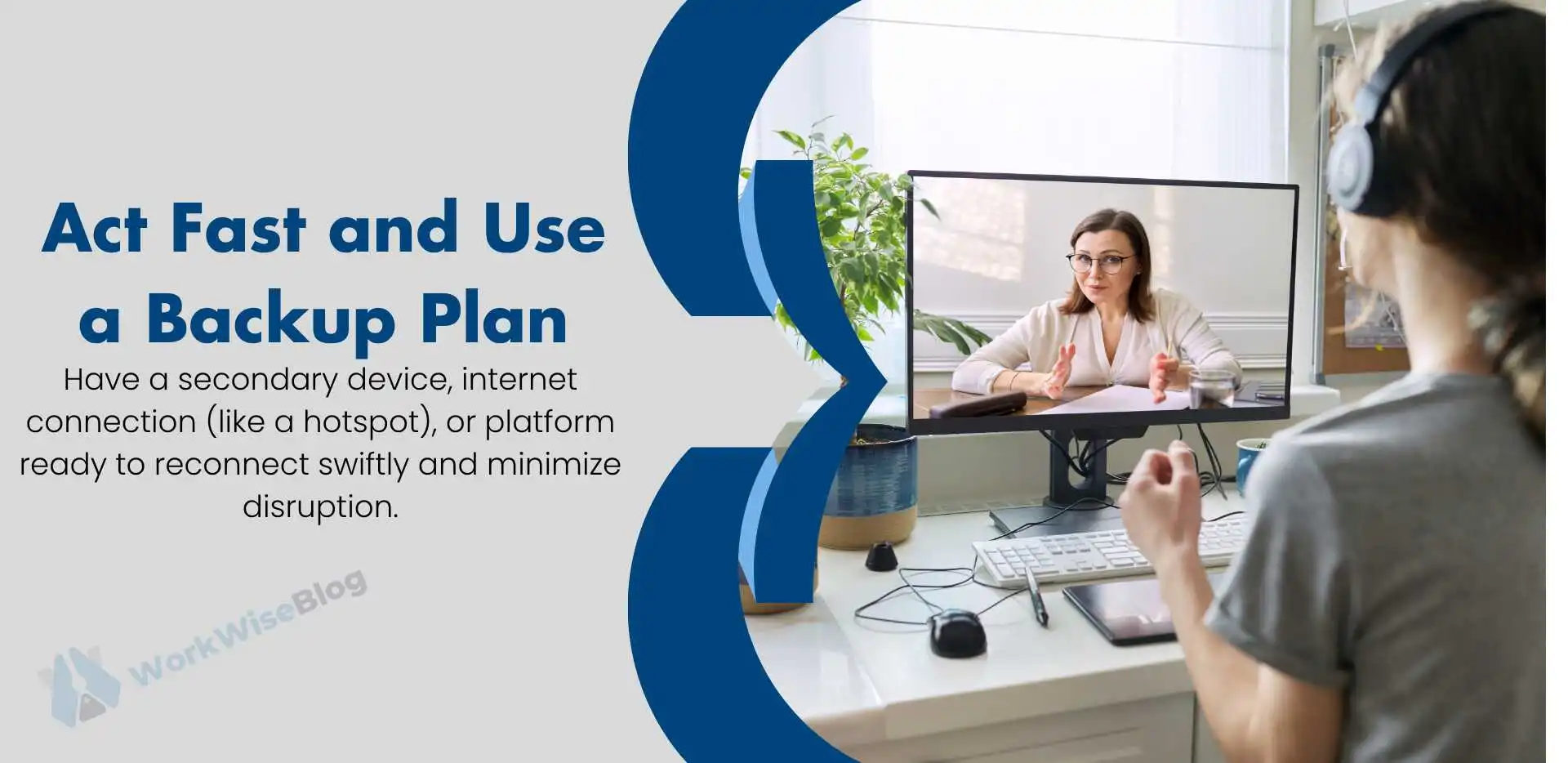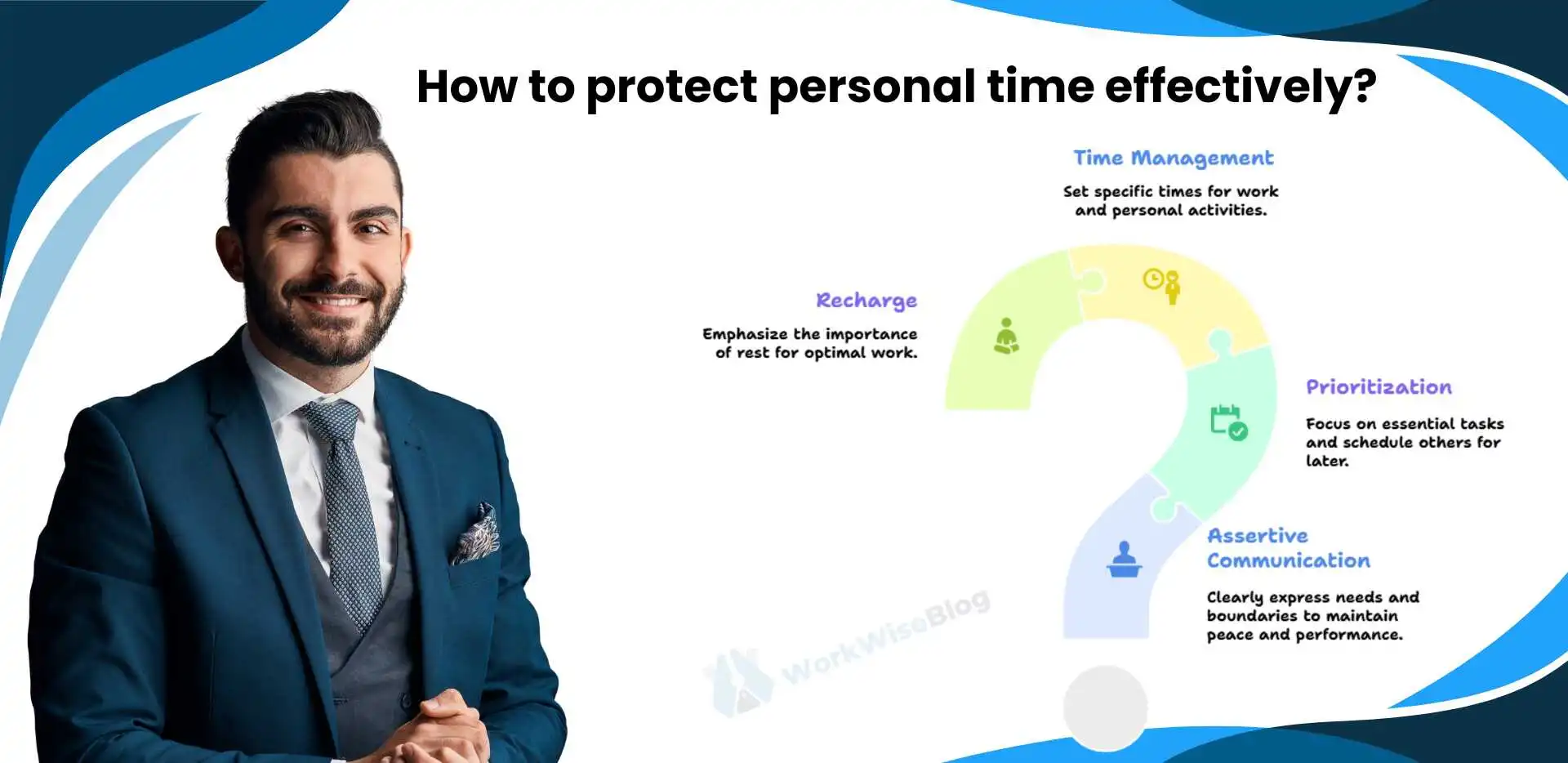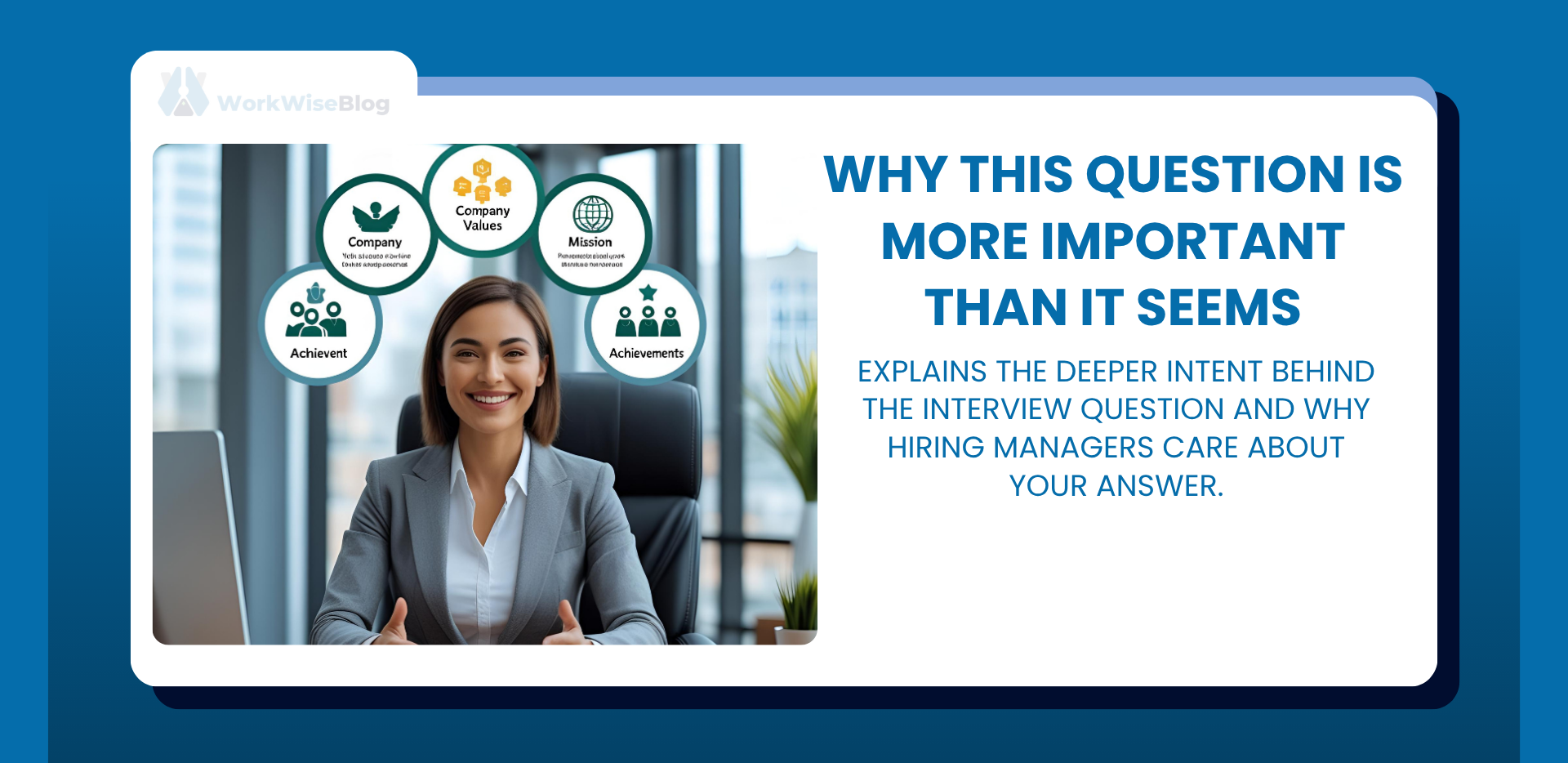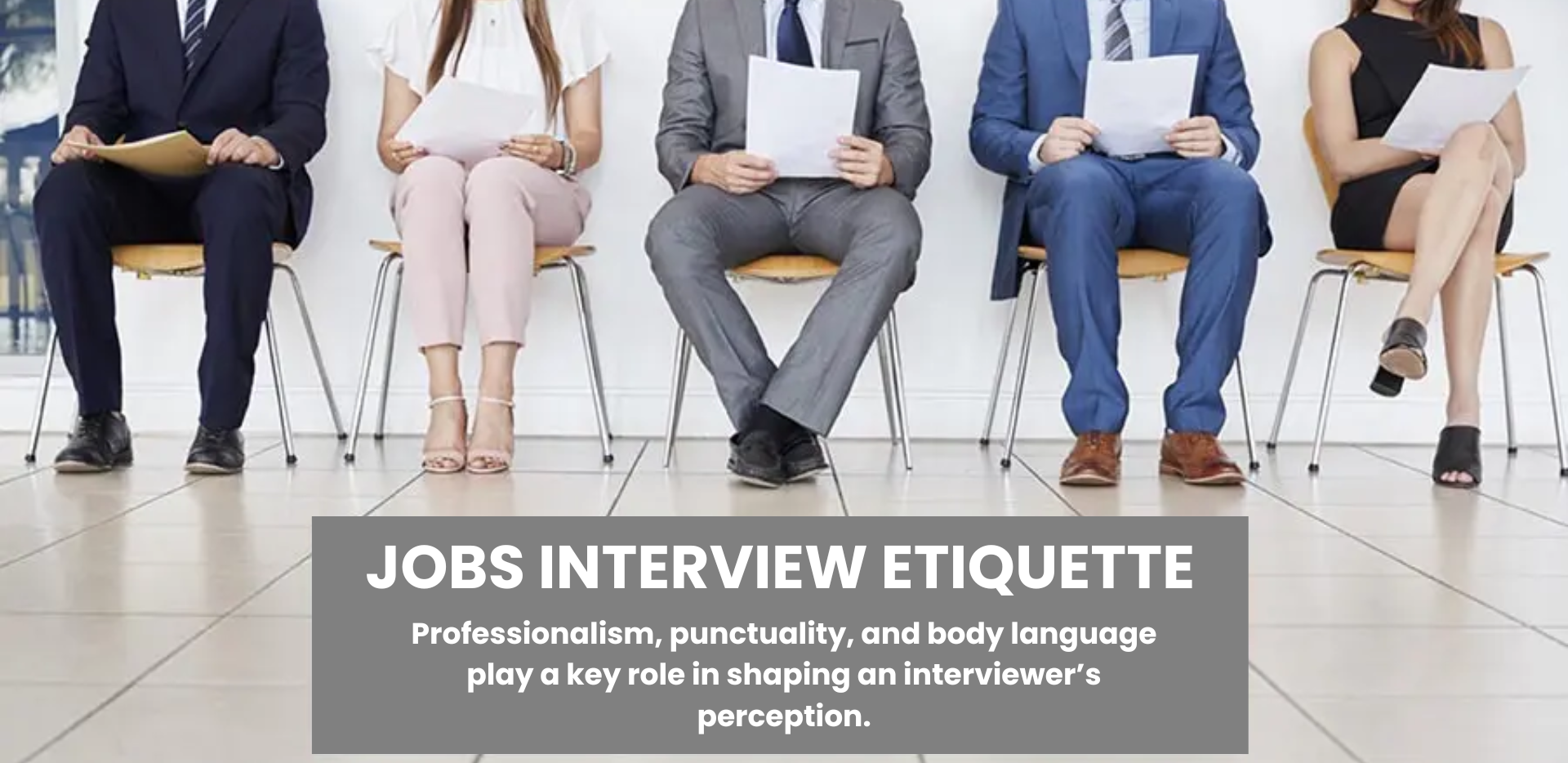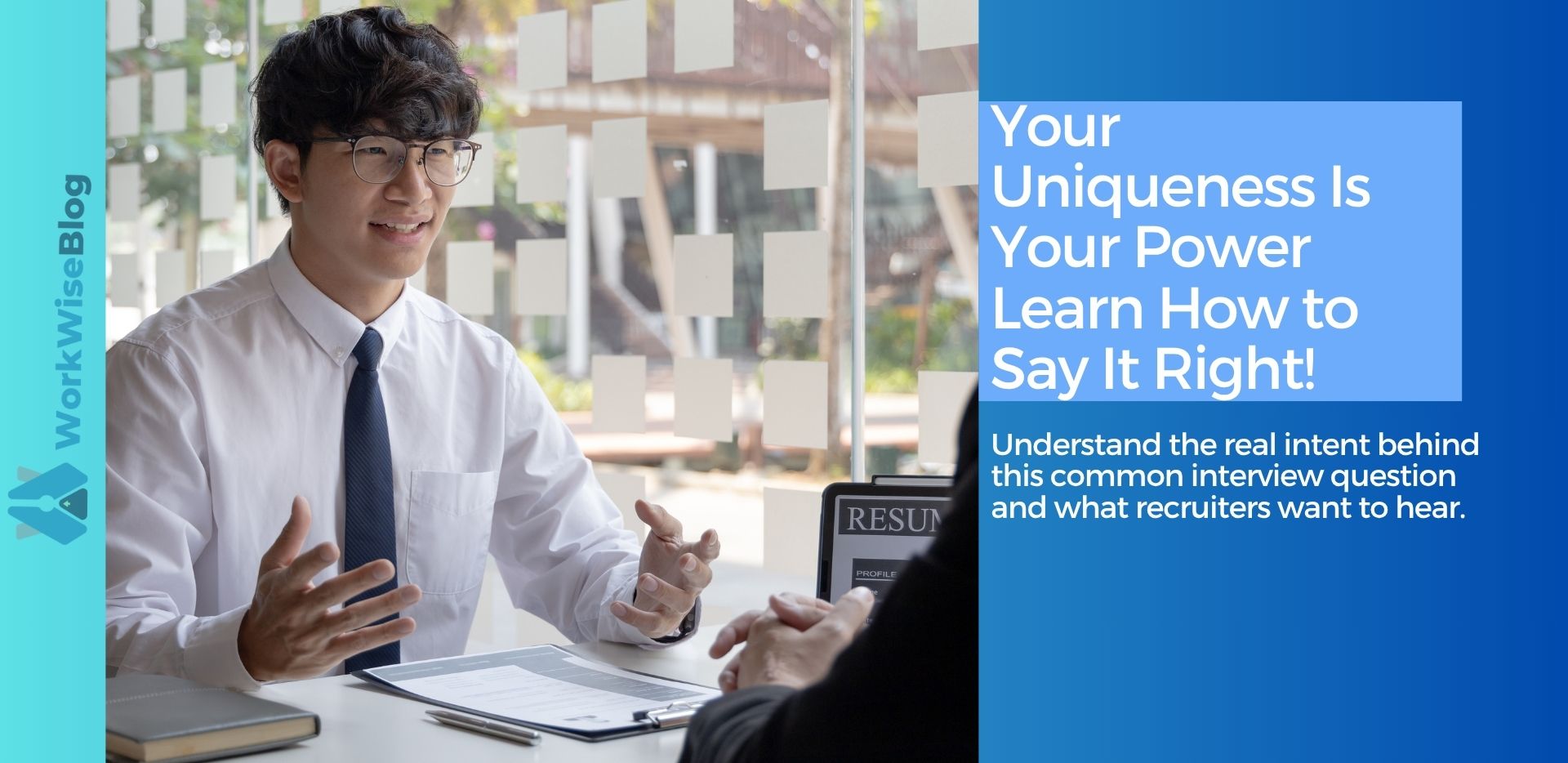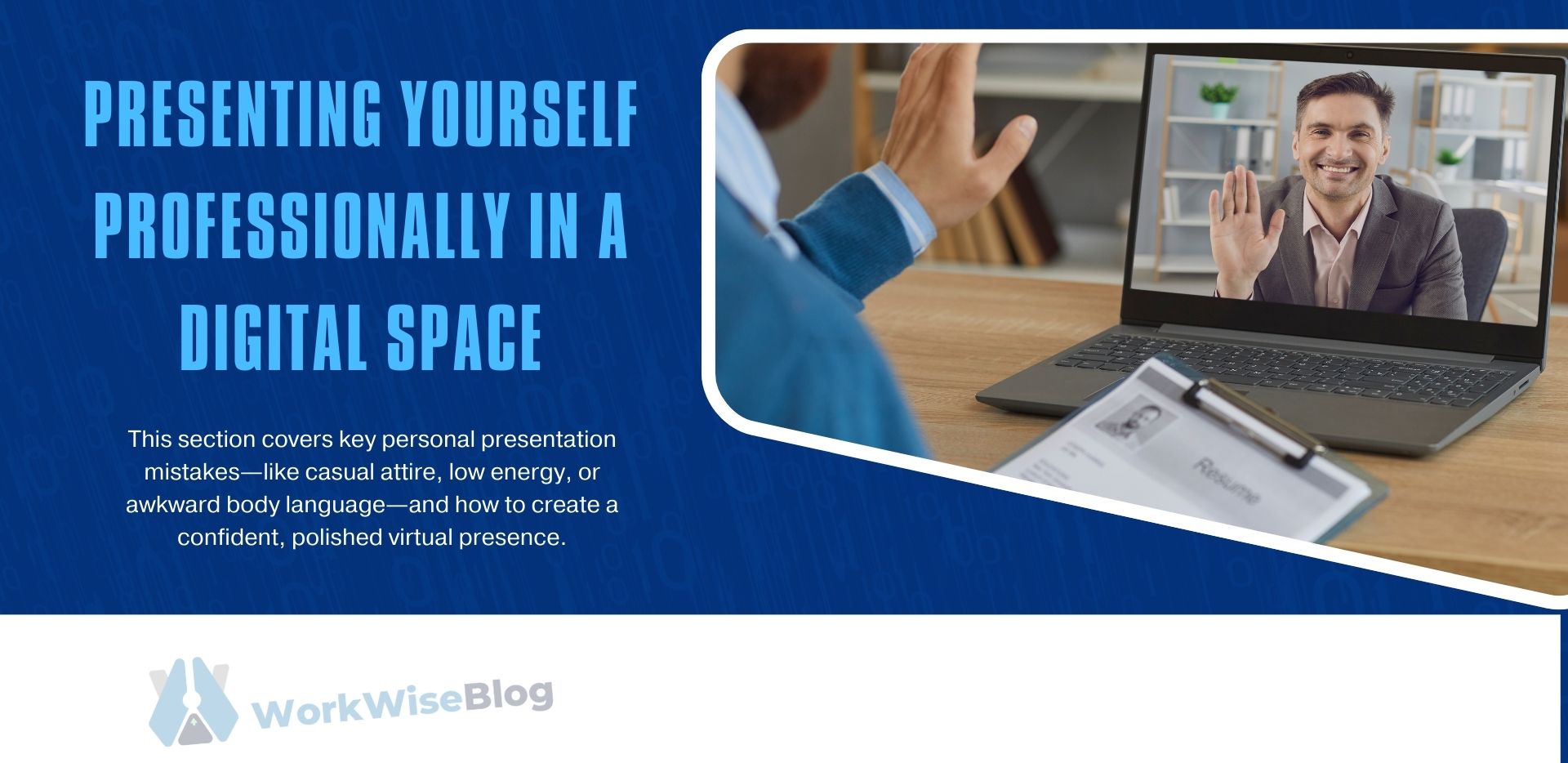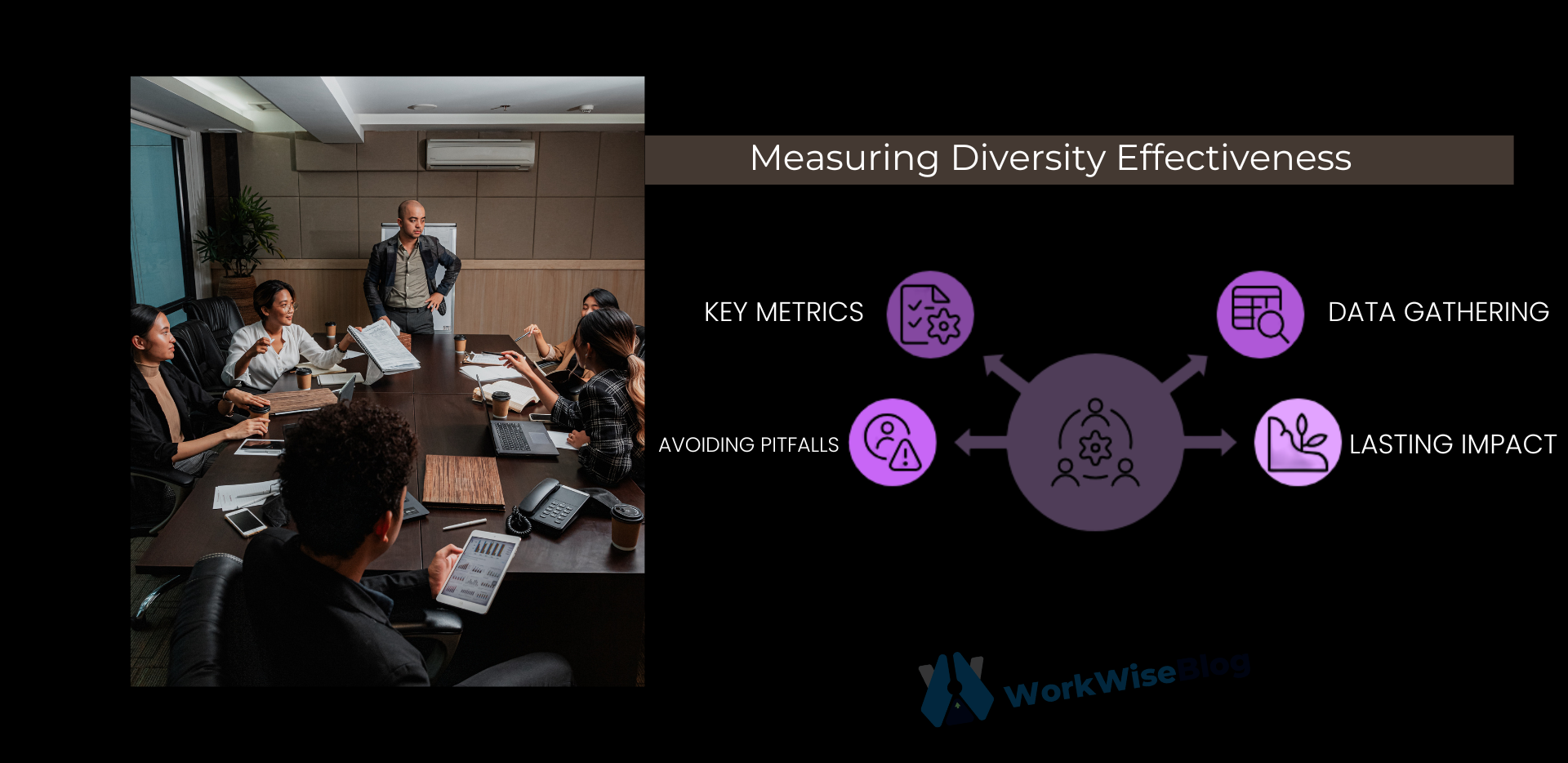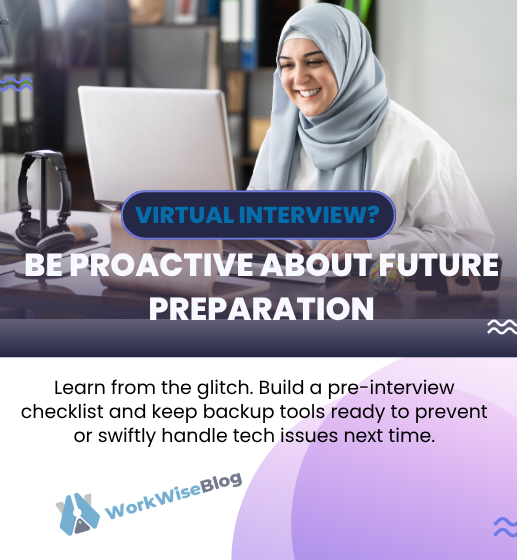
1. Take a Breath, Everyone is Watching How You React
When technology fails it is stressful!!
The reason it matters: Interviewers are not going to judge you on whether your laptop technician is flawless – they are judging you on how you handle high-pressure situations. A panicked reaction can easily lead to a red flag whereas a calm and composed reaction will showcase professionalism, and perseverance.
Quick Tip:
Pause, take a deep breath, and acknowledge the issue. Something like:
“It looks like we’ve hit a technical snag. I’m working on reconnecting—thank you for your patience.”

2. Reconnect Quickly with a Backup Plan
Don’t wait too long hoping the problem will fix itself. Take proactive steps immediately.
Here’s what to do:
- Rejoin the meeting link as quickly as possible.
- If your video platform crashes, switch to your phone as a hotspot or use a backup device if available.
- If audio is the issue, suggest continuing via phone call.
- Email the interviewer within minutes if you can’t reconnect.
Pro Tip:
Always test your devices, software, and internet 15–20 minutes before the interview. Have a backup plan like a secondary device and hotspot.

3. Acknowledge the Issue and Reset the Energy
Once you have rejoined the call, be quick and authentic.
You might say something like:
“Sorry for the interruption. Thank you for your patience. I have resolved the issue, I’m ready to continue.”
This simple statement shows you respect their time and establishes that you’re ready to move forward. In these types of situations, it’s a good idea to be concise with your apologies to avoid an awkward situation.

4. Follow Up Professionally.
After the interview, follow up with an email thanking the interviewer for their patience. This is another opportunity for you to demonstrate your continued interest in the role and leave a good impression.
Here is an example follow up:
“Thank you for your understanding earlier. Regardless of the technical hiccup, I really appreciated the chance to chat about the position and I am even more excited at the possibility of contributing to your team.”
Completing this step will help close the incident, and remind them of your professionalism.
5. Use the Experience to Show Adaptability
Believe it or not, a technical failure can work in your favor—if handled well.
Why?
Employers value candidates who are resourceful, composed under pressure, and capable of problem-solving on the fly. If you recover smoothly and stay focused, the interviewer may even be impressed.
Bonus tip:
If you’re asked a behavioral question like “Tell me about a time you handled a challenge,” this experience is a perfect future story.
6. Learn and Prepare for Next Time
After the interview, take a moment to reflect on what went wrong and how to prevent it in future virtual interactions.
- Was it your internet? Consider upgrading or switching to a wired connection.
- Was your computer overloaded? Close background apps next time.
- Was it the platform itself? Familiarize yourself with Zoom, Google Meet, or Microsoft Teams depending on what’s being used.
Pro Tip:
Create a quick “Tech Interview Kit” that includes:
- A checklist (camera, mic, internet, charger)
- Backup device and charger
Interviewer’s contact info and meeting link saved in your email
Final Thoughts
Tech failures are frustrating, but they don’t have to define your interview. What truly matters is how you respond.
Staying calm, communicating clearly, and resuming the interview professionally demonstrates exactly the kind of adaptability and grace employers are looking for in candidates—especially in remote and hybrid work environments.

